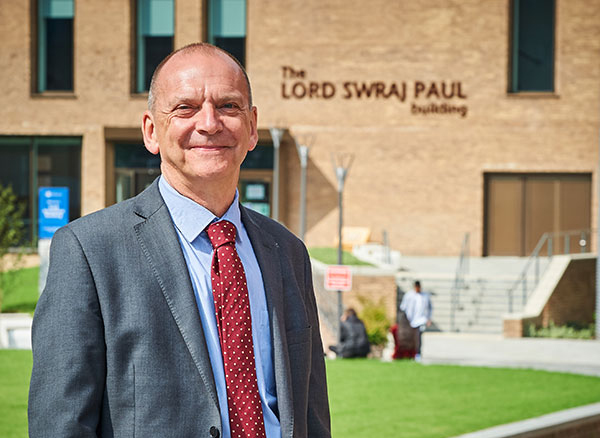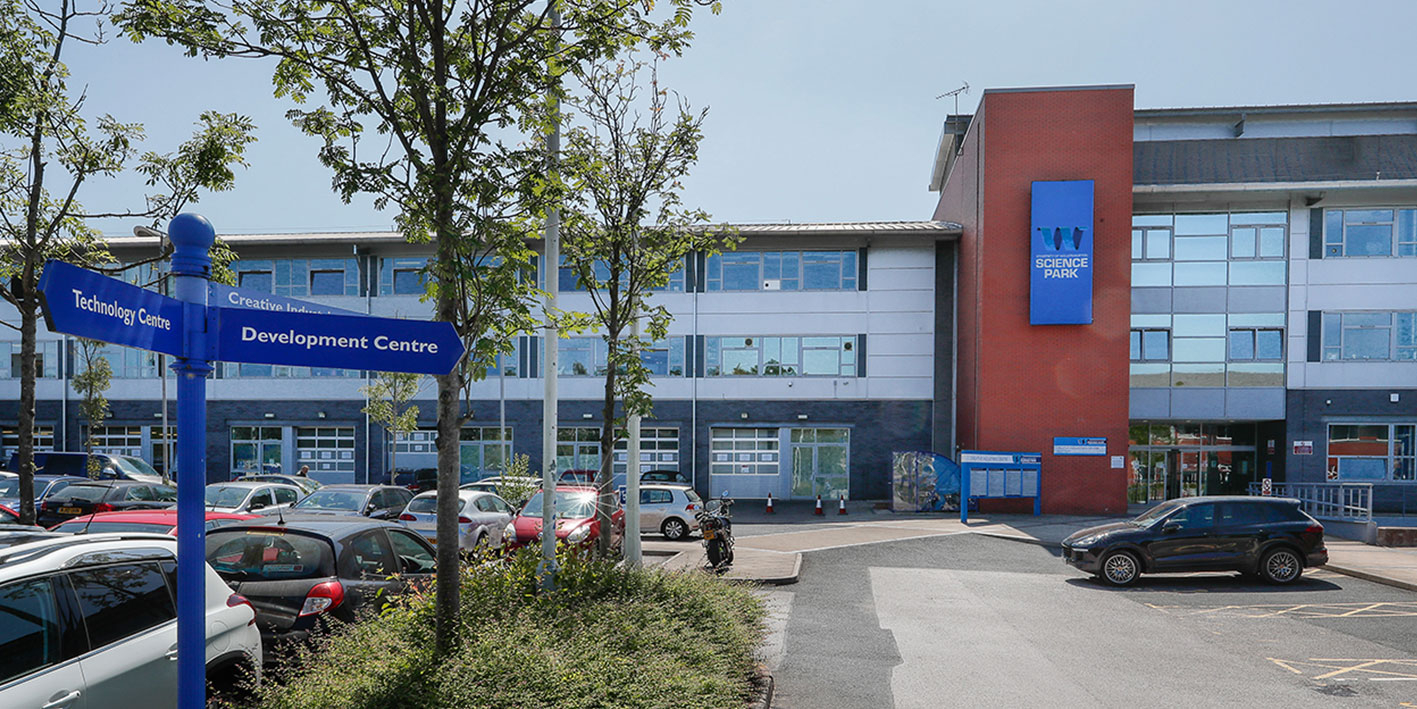
New 10-year vision unveiled by University
The University of Wolverhampton has outlined its plans for the next 10 years, focusing efforts on people and place to help the economy emerge from the Covid-19 pandemic.
A new 10-year strategic plan, Vision 2030, has been unveiled, outlining the University’s plans to transform the workforce through inclusive student success and world-class research.
Work on the plan began before the Covid-19 pandemic, but the University says its purpose has never been more vital to the resurgence of the region and its communities.
The plan includes a list of goals which outline what success would look like in 2030, including a personalised approach to learning centred around individual students, research with clear benefits to society and a network of science and innovation parks.
Vision 2030 also highlights the importance of the environment and sustainability, with the aim of being carbon neutral and a focus on recover and reuse to achieve zero waste.
The launch of the Plan follows the recent announcement of the outcome of Research England’s Knowledge Exchange Framework (KEF), which looks at the diverse contributions of universities to help level up their local areas. This identified the University was in the top 10% nationally for public and community engagement and also in the top 10% for local growth and regeneration.
Professor Geoff Layer, Vice-Chancellor, said: “Our new strategic plan, Vision 2030, cements our commitment to our Place – our regions and our communities, and also our People – our students, staff, graduates and partners. In the wake of the Covid-19 pandemic, the needs of our people and place have never been more prominent and the importance of education and skills will be at the forefront of economic and social recovery.
“The first pillar of Vision 2030 is around Inclusive Student Success, aiming to improve student outcomes and satisfaction and removing barriers to ensure all can participate and achieve their potential. It focuses on ensuring students can learn in a manner that suits their circumstances and preference, combining technology such as online learning at a time of a student’s choosing and more traditional face-to-face learning methods.
“The second pillar focuses on place, and the belief that universities are about transforming society, ensuring the needs of their area and people are at the heart of what they do. An example is the way the University delivers healthcare education in multiple locations – Wolverhampton, Walsall, Telford and Burton – helping each area to become self-sufficient in health professionals. This also includes working in partnership with local healthcare trusts on research and training.
“Through our dual aims of Inclusive Student Success and Place, we will cement our position as the University of Opportunity. Our purpose is to deliver higher education at the point of need and offer people the opportunity to excel, whatever their background and circumstances.”
Other aspects of the strategic plan include how academic provision will be developed, focusing on working in partnership to invest in the economic needs and demands of the area; investing in new industries to promote entrepreneurship and enterprise skills while also continuing to invest in traditional university subjects with developments in the arts, the sciences and technologies.
Vision 2030 is available to view on the University’s website.
For more information please contact the Corporate Communications Team.


/prod01/wlvacuk/media/departments/digital-content-and-communications/images-2024/240328-Varsity-Line-Up-Resized.jpg)
/prod01/wlvacuk/media/departments/digital-content-and-communications/images-18-19/220325-Engineers_teach_thumbail.jpg)
/prod01/wlvacuk/media/departments/digital-content-and-communications/images-2024/240404-Digital-Humanities-Training-Resized.jpg)
/prod01/wlvacuk/media/departments/digital-content-and-communications/images-2024/240320-Uzbekistan-Resized.jpg)
/prod01/wlvacuk/media/departments/digital-content-and-communications/images-2024/240229-The-Link-Resized.jpg)
/prod01/wlvacuk/media/departments/digital-content-and-communications/images-2024/240404-Pharmacy-Students-Resized.jpg)


